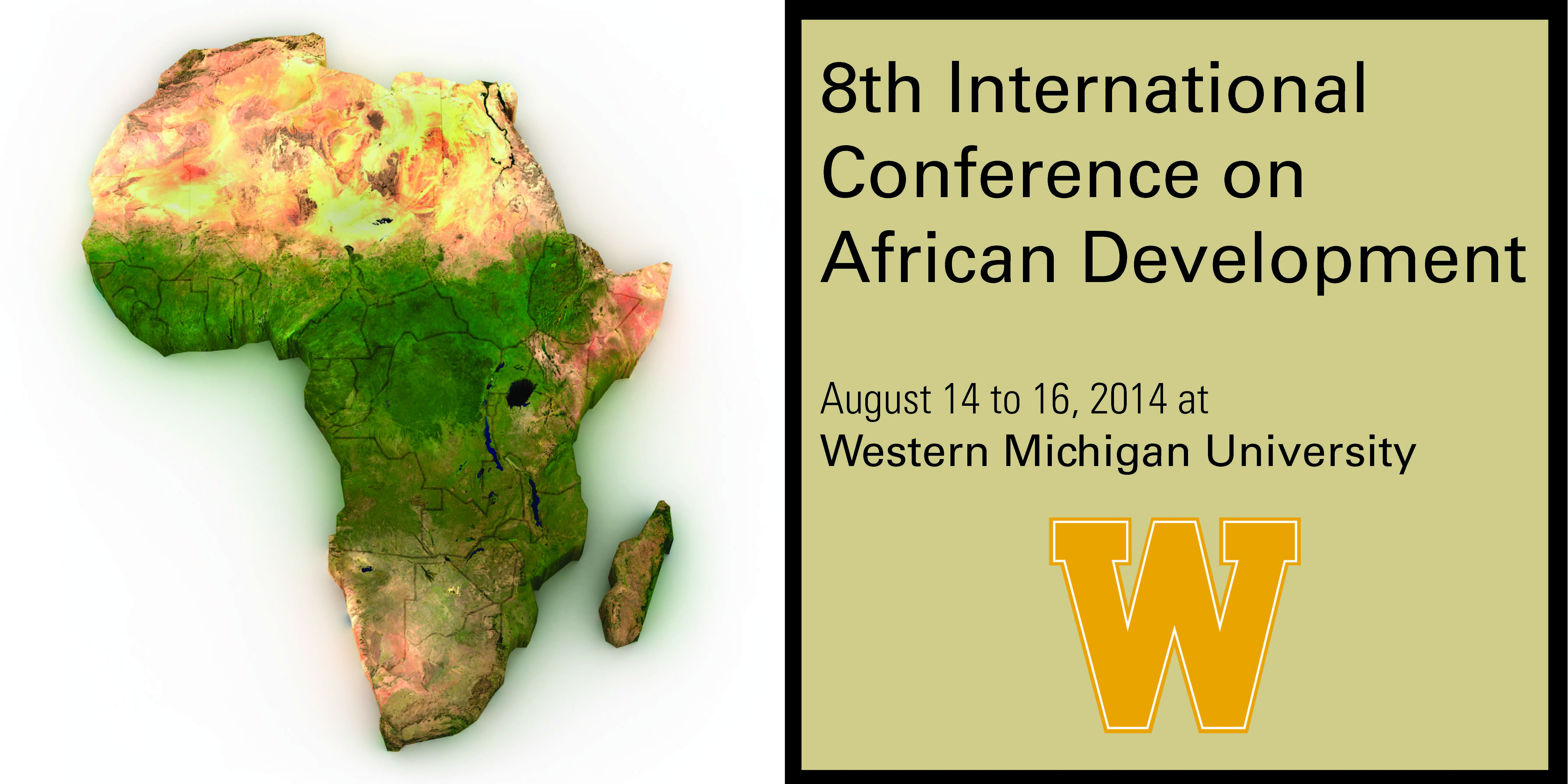
Presenter's country
Burkina
Start Date
31-7-2014 10:08 PM
End Date
31-7-2014 10:21 PM
Submission type
Paper
Abstract
Africa is one of the world regions whose development potentials are particularly important. But despite this situation, Africa is one of the continents where poverty exists on a large scale. More than 44 % of the African population lives below the poverty line. Yet, various forms of development strategies have been designed and implemented in the African countries. In 1992, in its publication Governance and Development, the World Bank refers to the quality of government as the cause of the failure of several of these strategies. Attention is henceforth focused on how governments organize the management of state and govern economic activities.
The place and the role of institutions in development have been widely discussed in economic literature. It is commonly accepted that the existence of strong and clear rules is a fundamental basis for economic activity. In particular, there is an increasingly agreement on the idea that, in order to stimulate private investment, it is necessary to stabilize the business environment. This study uses the World Bank Doing Business indicators to evaluate the influence of business environment in explaining private investment from a panel of thirty-eight African Sub-Saharan countries over the period 2006-2011. We performed a dynamic panel model using the Generalized Method of Moments estimation. The following evidence globally emerges: burdensome regulations affect private investment while business environment improvement makes investment grow.
Keywords
Governance, Business environment, investment
Included in
Governance and private investment in Sub-Saharan Africa
Africa is one of the world regions whose development potentials are particularly important. But despite this situation, Africa is one of the continents where poverty exists on a large scale. More than 44 % of the African population lives below the poverty line. Yet, various forms of development strategies have been designed and implemented in the African countries. In 1992, in its publication Governance and Development, the World Bank refers to the quality of government as the cause of the failure of several of these strategies. Attention is henceforth focused on how governments organize the management of state and govern economic activities.
The place and the role of institutions in development have been widely discussed in economic literature. It is commonly accepted that the existence of strong and clear rules is a fundamental basis for economic activity. In particular, there is an increasingly agreement on the idea that, in order to stimulate private investment, it is necessary to stabilize the business environment. This study uses the World Bank Doing Business indicators to evaluate the influence of business environment in explaining private investment from a panel of thirty-eight African Sub-Saharan countries over the period 2006-2011. We performed a dynamic panel model using the Generalized Method of Moments estimation. The following evidence globally emerges: burdensome regulations affect private investment while business environment improvement makes investment grow.


Comments
This text is to replace the one I posted earlier